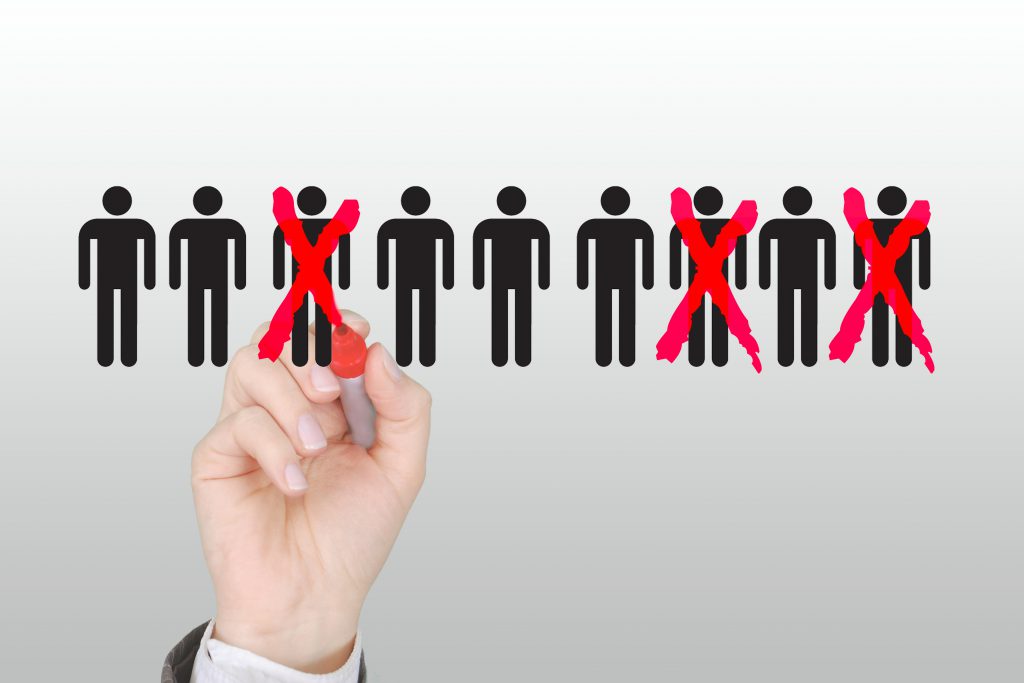Political interference in public health matter which may cost dear

The decision to sack public health consultant Kenneth Grech just days after he advised postponing the re-opening of schools after the Christmas holidays is shocking, worrying, if not shameful. This incident has cast further doubts on the extent to which medical professionals fighting this pandemic are being allowed to do their job. The doctors’ union has accused the government of “intimidation” against anyone in the medical profession who dares not toe political decisions, including placing certain economic considerations before public health matters.
In a country where public health is supposedly the topmost priority, certain compromises are never made. How can it ever be justified to organise bingo for the elderly allegedly with the authorities’ blessing, in circumstances whereby the pandemic has already left with 250 victims mainly elderly people? How is it possible that thousands of Maltese between Christmas and New Year cross to Gozo to party thus jeopardising efforts to mitigate the spread of the virus? Can anybody explain how in March last year when cases were much lower government had warned it was no time for weekend breaks in Gozo, whereas now it is taking a diametrically opposed approach? How is it that schools were ordered to close when the situation was much less serious, but now we are being told that re-opening schools prevents the virus from spreading further?
On the last point it seems that there was more than meets the eye. It turns out that there was a clear warning against the re-opening of schools after the Christmas holidays amid clear signs that there would be a sharp rise in new cases. The government would not listen to the teachers’ call to go for online teaching for the first few days. Such intransigence ultimately resulted in a two-day strike by teachers but the biggest losers were students who missed two days of school. Rather than being honest with the people Government seems to be sticking its head in the sand by ignoring the situation while repeating its own mantra that the situation was getting back to normal after the arrival of the vaccine. Reality, however, was the complete opposite as the daily number of new cases reached record levels of almost 250.
Faced with a barrage of criticism that it was not taking the situation seriously, government kept digging further. A few days ago, it transpired that an expert who had warned against the re-opening of schools had been sacked. Instead of heeding scientific advice government sought to “intimidate” anyone who dared to give the true picture of the situation. Such attitude does not bode well neither for industrial peace nor democracy. The price of political interference in public health will ultimately be paid the people. The figures of the last few days speak for themselves.
